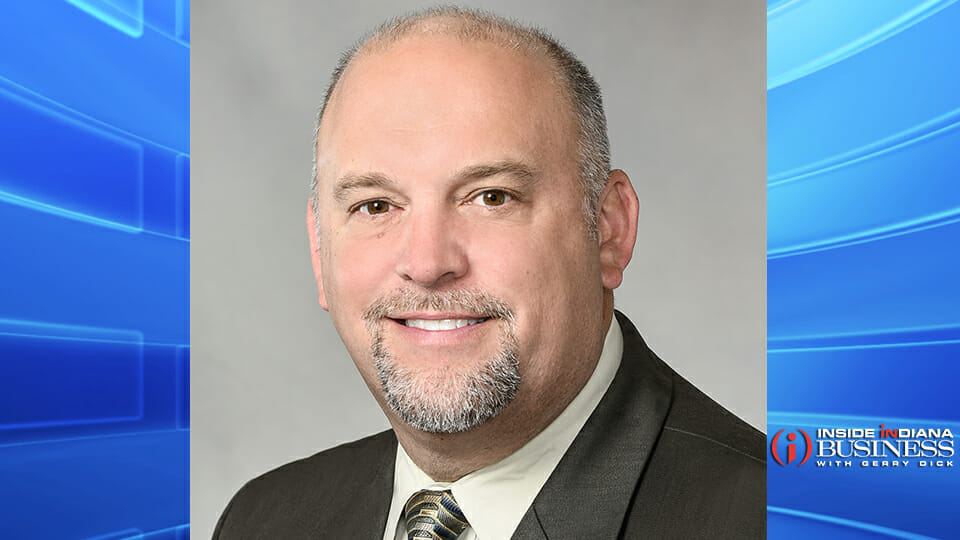Care coordination and cost-containment measures under attack for employers
Subscriber Benefit
As a subscriber you can listen to articles at work, in the car, or while you work out. Subscribe Now
During an interim study committee last fall, legislators convened to hear stakeholder testimony regarding prior authorization in Indiana. Requiring prior authorization from a patient’s health payer before receiving some medical treatments or procedures ensures that patients receive the care they need and protects against duplicative care and unnecessary procedures. But it is not without controversy.
Large hospitals would prefer to have largely unchecked authority to do what they want while payers (patients and the employers who pay for health claims) want assurance that they are not an open checkbook every time they require care. As a stakeholder, employers should be concerned that hospitals will ask for this tool to be removed on services and should be prepared to act to protect this safeguard that coordinates care and prevents additional costs to the individual patient and employer.
The “managed care” model of health insurance created in the early 1970’s has thankfully allowed more Americans to gain coverage and live longer. Today, through the prior authorization process, health payers similarly coordinate patient care across various healthcare systems to improve quality and achieve better health outcomes. In the long run this also controls costs for both the patient and the payer, which is usually the patient’s employer. It is more than just cost control, as it is widely used to confirm service at the right care level, in the right order, and at the right clinical time.
The prior authorization process is not perfect, but it is constantly being improved upon through updates in technology and the gathering of feedback and input from physicians. It serves an important role in our healthcare system for coordination of care and preventing fraud, waste, and abuse. Health payers use prior authorization for notification purposes to activate the next steps for care coordination.
In mental health treatment, for example, it allows the health payer to know if a member may need additional wraparound services and can engage directly to ensure they are received. Prior authorization also prevents duplication.
If a provider ordered an MRI for a member, and that member then goes to another provider for a second opinion, the health payer knows that the MRI has already been completed and can prevent the member from undergoing, and paying for, the same service twice. Most importantly, prior authorization ensures patient safety.
If one provider has a member on one medication, and a different provider prescribes another that has a potentially harmful interaction, the payer is alerted and can manage that care to protect the patient. In each of these instances, the health plan is the only entity that has a full picture view of the patient’s healthcare journey and prior authorization is the first step in the process to what makes that possible.
Not all medical services require prior authorization. For obvious reasons, it is prohibited by federal law for emergency services to protect patients. Additionally, state and federal law requires that health payers implement internal appeals processes for their decisions and utilize state certified independent review organizations to confirm or overturn decisions that must be made under strict legal and regulatory timelines.
In 2018, the Indiana General Assembly passed legislation streamlining the prior authorization process by requiring electronic requests and implementing uniform standards and forms. This tightened minimum turnaround times and placed prohibitions on claim denials for most requests that had been approved in advance. Although the law took effect on January 1, 2020, non-urgent care was halted because of the COVID-19 pandemic, and in 2021 many Hoosiers did not access healthcare at pre-pandemic levels. Thus, 2022 was likely the first “normal year” in which the enacted prior authorization reform was in effect.
Meanwhile, hospitals continue their lobbying efforts to further curtail or eliminate prior authorization altogether in Indiana, which has the seventh-highest hospital costs in the nation. Employer-sponsored healthcare coverage is second only to payroll as the largest employment expense for companies and small businesses in Indiana. It is no wonder hospitals seek to remove one of the last checks the system has on their charging practices.
It will be important for legislators to have a well-balanced and thoughtful discussion on how to continue protecting patients, Indiana’s employers, and rate-paying Hoosiers by keeping reasonable, appropriate, and newly reformed prior authorization processes in place. It will be crucial for employers to make their voices heard on the importance of this process.
